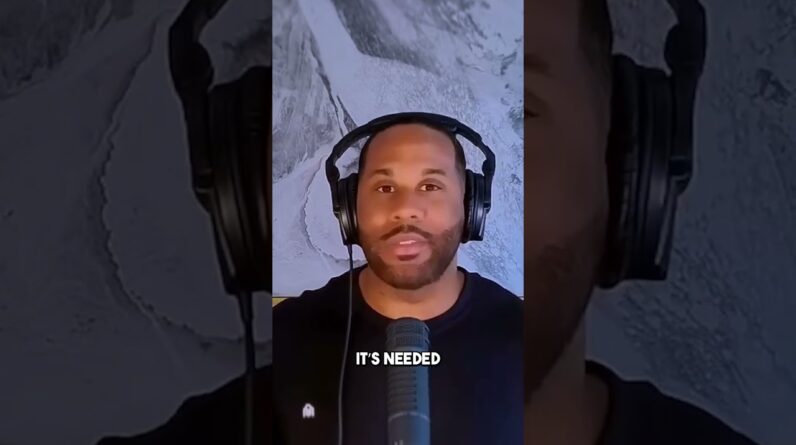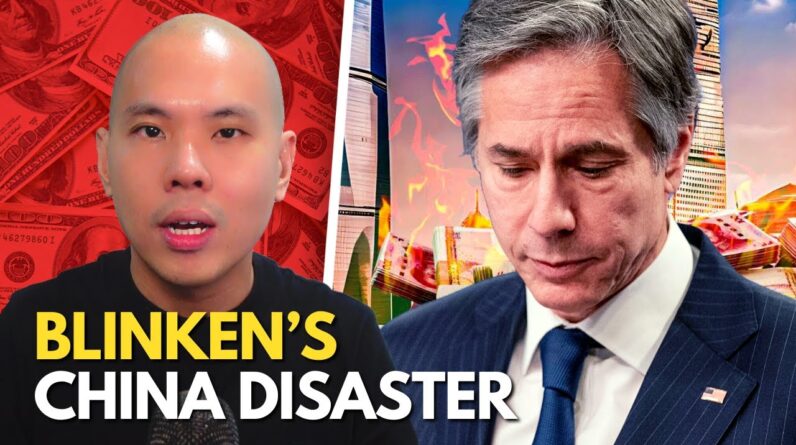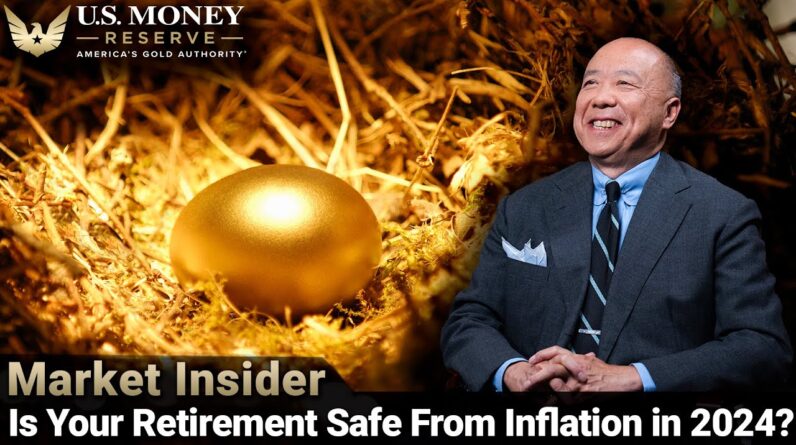In Season 3 of “In Conversation,” the greatest economic threats are brought under scrutiny, as he delves into the complex and evolving landscape of global finance. Exploring the multifaceted challenges faced by nations, she analyzes the implications of these threats on various sectors and individuals. With their unique insights, the experts shed light on the potential consequences and strategies to mitigate the risks. Join him in this enlightening discussion as he unravels the intricacies of the greatest economic threats in today’s world.
The Greatest Economic Threats: In Conversation Season 3
Introduction
In the ever-changing landscape of the global economy, geopolitical conflicts continue to capture the attention of the media and pose significant risks. U.S. Money Reserve’s video series, “In Conversation,” delves into the pressing issues surrounding these conflicts and sheds light on the potential economic ramifications. Season 3 of the series brings together a panel of experts who explore the greatest economic threats faced by the United States and the world at large.
Geopolitical Conflicts and Economic Risks
Geopolitical conflicts have become a prominent concern as they have the potential to disrupt the stability of the global economy. The video highlights the fact that these conflicts are not limited to military actions but also encompass trade wars, cyber threats, and ideological confrontations.
The panel emphasizes that geopolitical conflicts can have far-reaching consequences, affecting not only the countries directly involved but also international trade, financial markets, and overall economic growth. This underscores the importance of understanding and addressing these conflicts in order to mitigate potential risks.
China: A Growing Threat to the US Economy
Among the various geopolitical conflicts discussed in the video, China emerges as one of the key threats to the U.S. economy. The panel highlights the complex relationship between the two countries and identifies several areas where China holds leverage over the United States.
One such area is the pharmaceutical industry. The video points out that China possesses a significant share of the global pharmaceutical ingredients market. This reliance on Chinese-sourced ingredients creates a vulnerability for the United States, as any disruption in the supply chain could impact the availability of essential medications.
China’s Economic Challenges and Potential Decline
While China is perceived as a formidable threat, the video also sheds light on the challenges facing the Chinese economy. The panel discusses China’s slowing economic growth rate and the potential for a decline in the near future.
The decrease in demand for resources, such as oil, has been a significant factor contributing to China’s economic challenges. As China transitions to a more sustainable model of growth, its need for resources has decreased, leading to declining oil prices in the global market. This has implications for countries heavily dependent on oil exports.
China’s Focus on Resource Relationships
China’s efforts to secure a steady supply of resources are explored in the video. The panel discusses China’s initiatives to form relationships with countries across the world to ensure a reliable flow of resources. This strategy serves as a means to support its economic development and mitigate potential vulnerabilities.
By building strong relationships with resource-rich nations, China aims to reduce its reliance on external sources and ensure stability in resource supply. This strategic approach has the potential to impact global resource dynamics, prompting other nations to reassess their economic strategies and alliances.
The Impact of a Weakening Chinese Economy
While a weakening Chinese economy may reduce its standing as an economic threat, it also presents the risk of aggressive actions internationally. The panel stresses the importance of monitoring China’s actions as they navigate their economic challenges.
The video concludes by emphasizing the need for ongoing evaluation and understanding of the evolving geopolitical landscape. By keeping a close eye on the greatest economic threats, nations can better adapt and respond to minimize the potential risks posed by these conflicts.
FAQs
1. What are some examples of geopolitical conflicts?
- Geopolitical conflicts encompass a range of issues, such as military confrontations, trade wars, cyber threats, and ideological disputes.
2. How does China hold leverage over the US economy?
- China’s dominance in the global pharmaceutical ingredients market is one example of the leverage it holds over the United States.
3. What challenges does China’s economy face?
- China’s economy faces challenges such as slowing growth rates and the decreasing demand for resources.
4. How does China secure a steady supply of resources?
- China aims to develop relationships with resource-rich countries to ensure a reliable flow of resources for its economic development.
5. What risks does a weakening Chinese economy pose?
- A weakening Chinese economy may lead to aggressive actions internationally, prompting concerns regarding global stability.
In the ever-evolving landscape of global economics, geopolitical conflicts pose significant risks. U.S. Money Reserve’s video series, “In Conversation,” provides valuable insights into the greatest economic threats faced by the United States and the world. Through expert discussions, the series highlights the importance of understanding and addressing these threats to safeguard the stability of the global economy.










